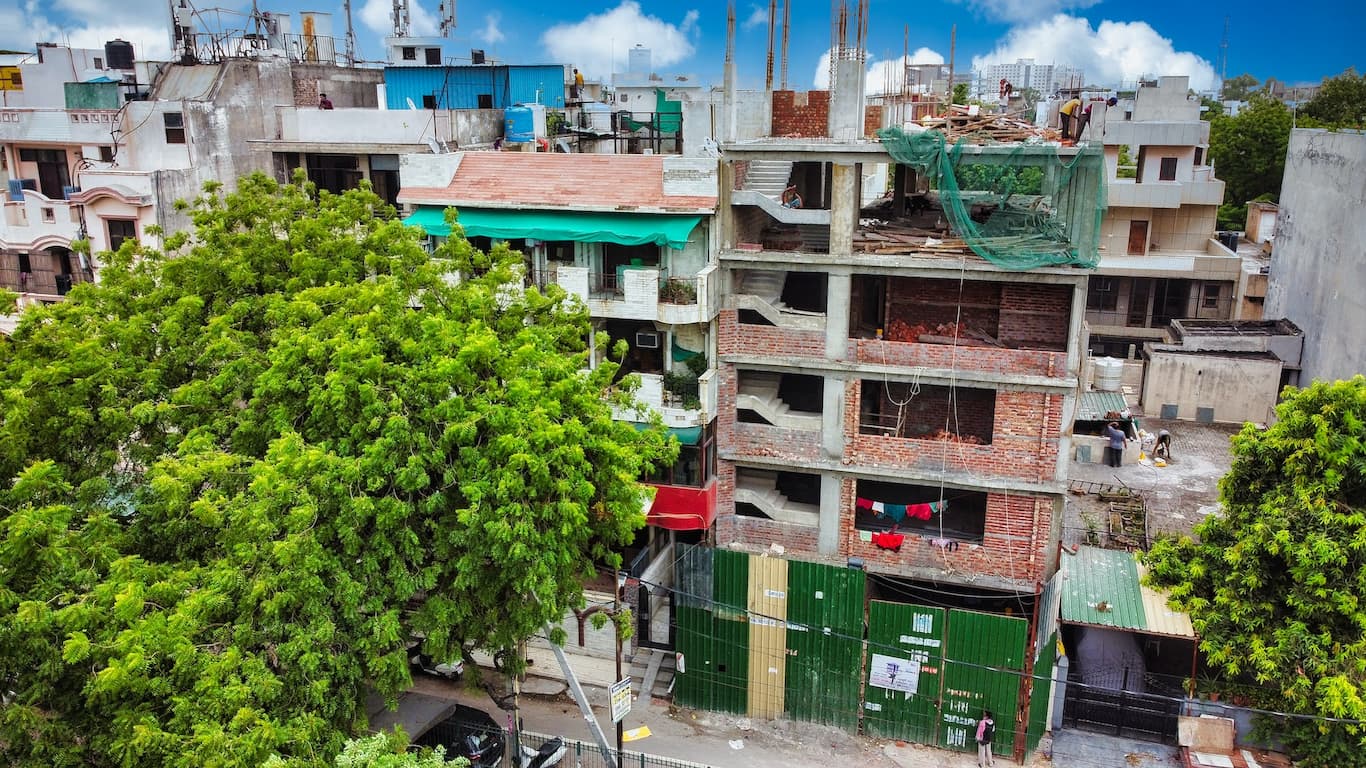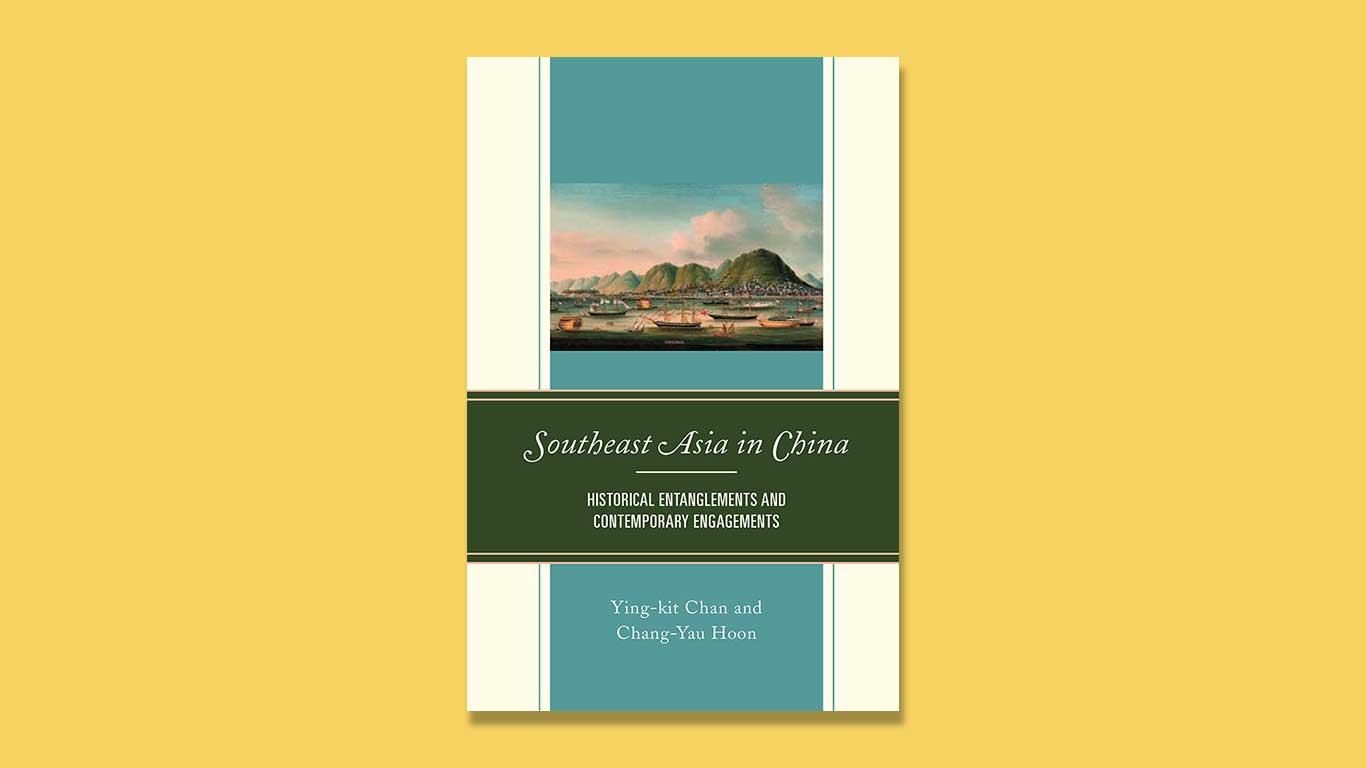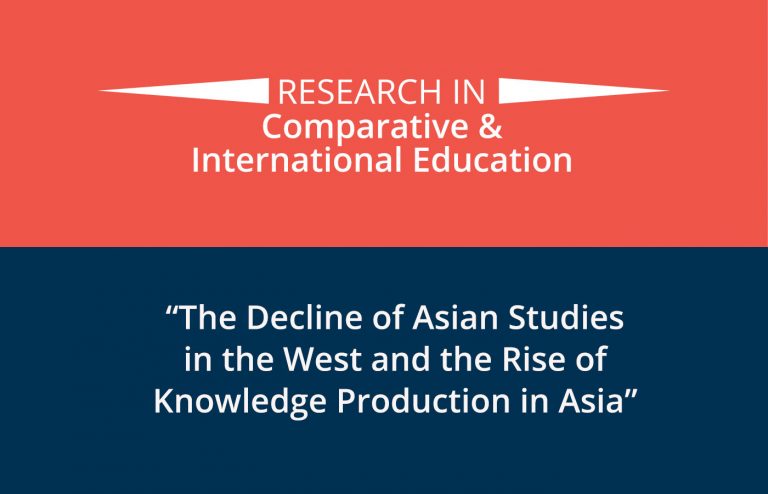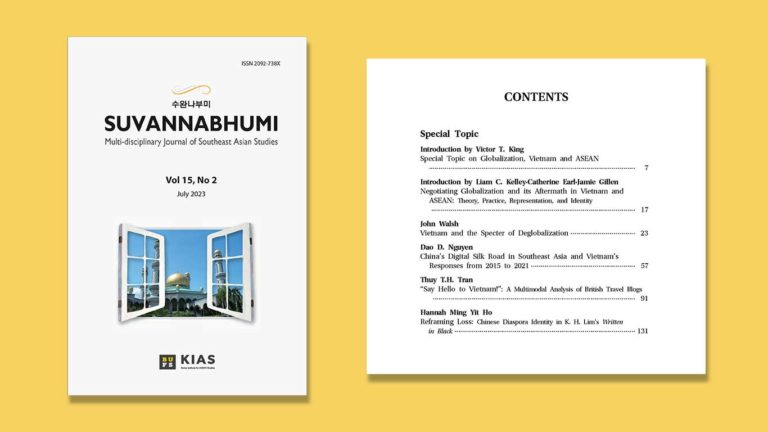Assistant Professor Sanjeev Routray of the Institute of Asian Studies at Universiti Brunei Darussalam (IAS @ UBD) has recently published an article on aspects of the informal economy in Delhi, India.
Entitled “Timepass’ and ‘Setting’: The Meanings, Relationships, and Politics of Urban Informal Work in Delhi” and published in Urban Studies, the abstract of the article is as follows:
The engagement of people in extremely low-wage work in major cities of the Global South and their withdrawal from labour-organising activities arise from several factors. Among these is the hegemonic meaning construction of work as ‘timepass’ or leisure and as an opportunity for sociality and neighbourliness that is central to the social reproduction of everyday life.
Drawing on ethnographic fieldwork in Delhi, this article examines how work regimes are marked by a ‘commission economy’, whereby various stakeholders in the chain of surplus accumulation demand a commission for their services. The possibility of undertaking informal economic activities is contingent on a host of improvisations that are founded upon discipline, violence and also solidarity.
In this respect, various stakeholders possess what they refer to as a ‘setting’, which alludes to an active process of economic and non-economic relationship-building with both state and non-state agencies within both formal and informal arenas. To ‘do setting’ is a dynamic spatial process that draws on negotiations with the aim of shaping favourable relationships and outcomes in particular urban spaces. It entails the use of social and cultural resources, everyday political negotiations and extra-judicial solutions.
Routray, Sanjeev (2022). ‘Timepass’ and ‘Setting’: The Meanings, Relationships, and Politics of Urban Informal Work in Delhi. Urban Studies. 59 (10): 1981-1997.





